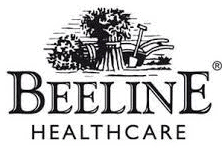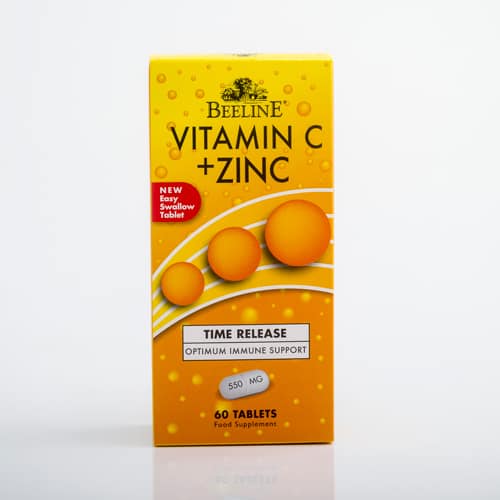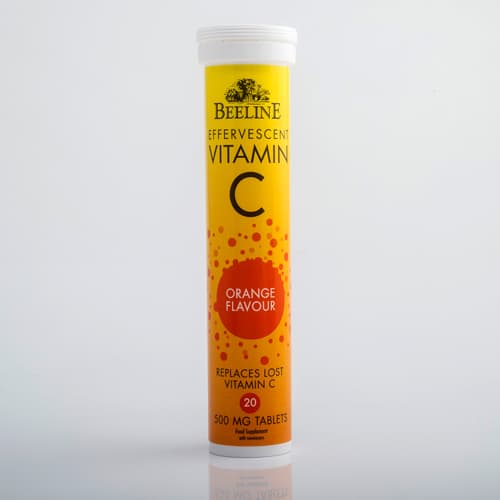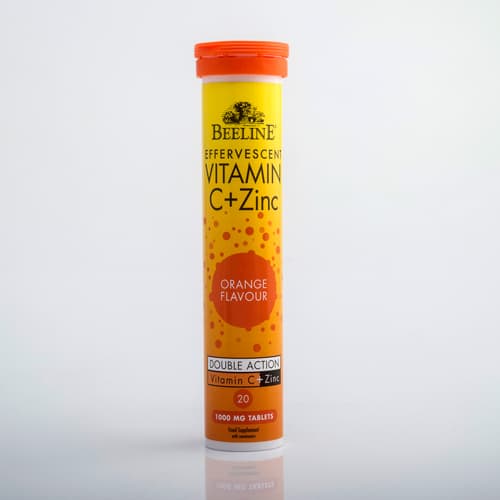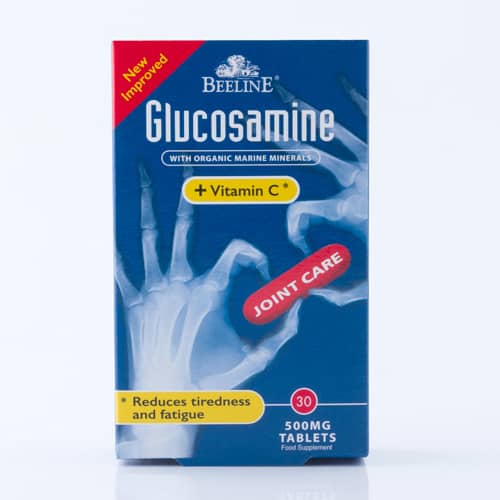The Role of Vitamin C in Improving Muscle Mass
New research indicates that vitamin C could help improve muscle mass in the over 50s.
Ageing and Muscle Loss
Muscle loss is a natural part of the ageing process. Sarcopenia is the age-related muscle degeneration that results in the gradual loss of skeletal muscle mass and function. According to Harvard Health, people begin to lose as much as 3% to 5% of their muscles per decade after the age of 30, while men lose approximately 30% of their muscle mass during their lifetime.
Vitamin C
Vitamin C supports a healthy immune system to fight infection, reduce fatigue and also assist in the development and repair of muscles and tissues in our bodies. The signs of vitamin C deficiency can include bleeding gums, tiredness, bone pain, weak aching muscles and a depressed mood. As people grow older, it is quite a common complaint to feel weaker with more muscle aches. This can lead to a reduced quality of life.
Does Vitamin C Increase Muscle Mass?
Could vitamin C help combat the loss of skeletal muscle mass as we get older? It appears so.
According to new research from the University of East Anglia (UEA) Medical School, vitamin C could help over 50s retain muscle mass. The study shows that older people who consume plenty of vitamin C have the best skeletal muscle mass.
Discussing the objectives of the study, professor Ailsa Welch of University of East Anglia Medical School stated:
“Vitamin C consumption is linked with skeletal muscle mass. It helps defend the cells and tissues that make up the body from potentially harmful free radical substances. Unopposed these free radicals can contribute to the destruction of muscle, thus speeding up age-related decline. We wanted to find out whether people eating more Vitamin C had more muscle mass than other people.”
Vitamin C Research Study
The study of 13,000 people aged between 42 and 82 years old analysed the skeletal muscle mass, vitamin C intake and the amount of vitamin C in the blood of the research participants. The research was conducted as part of the EPIC (European Prospective Investigation into Cancer and Nutrition) Norfolk study.
This research findings suggest that vitamin C is important for muscle health in older people and may help with muscle loss from ageing. Speaking about the results, Dr Richard Hayhoe of University of East Anglia Medical School said:
“We studied a large sample of older Norfolk residents and found that people with the highest amounts of vitamin C in their diet or blood had the greatest estimated skeletal muscle mass, compared to those with the lowest amounts. We are very excited by our findings as they suggest that dietary vitamin C is important for muscle health in older men and women and may be useful for preventing age-related muscle loss.”
This research, together with our recent article about the benefits and sources of vitamin C, highlights the importance of daily vitamin C supplements.
